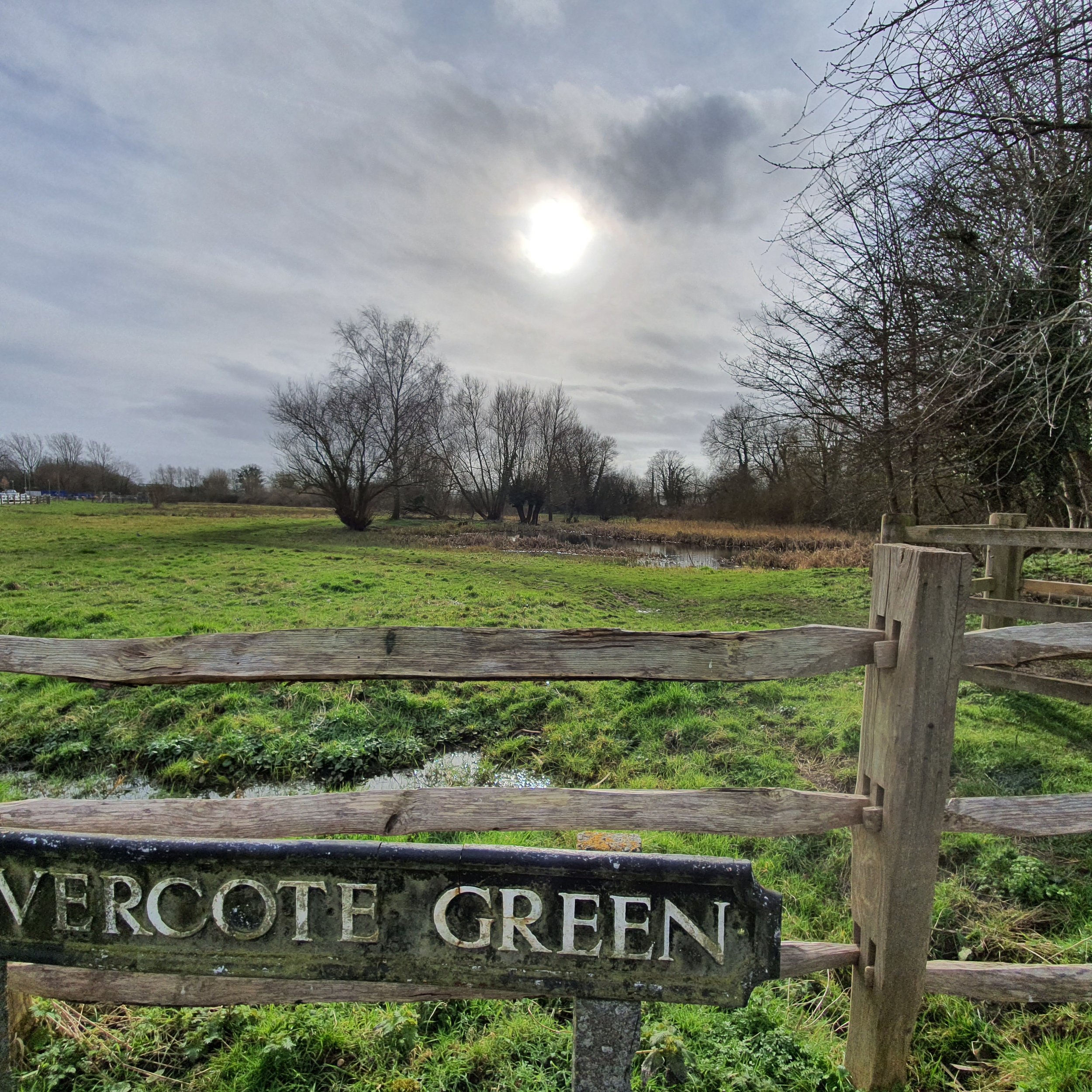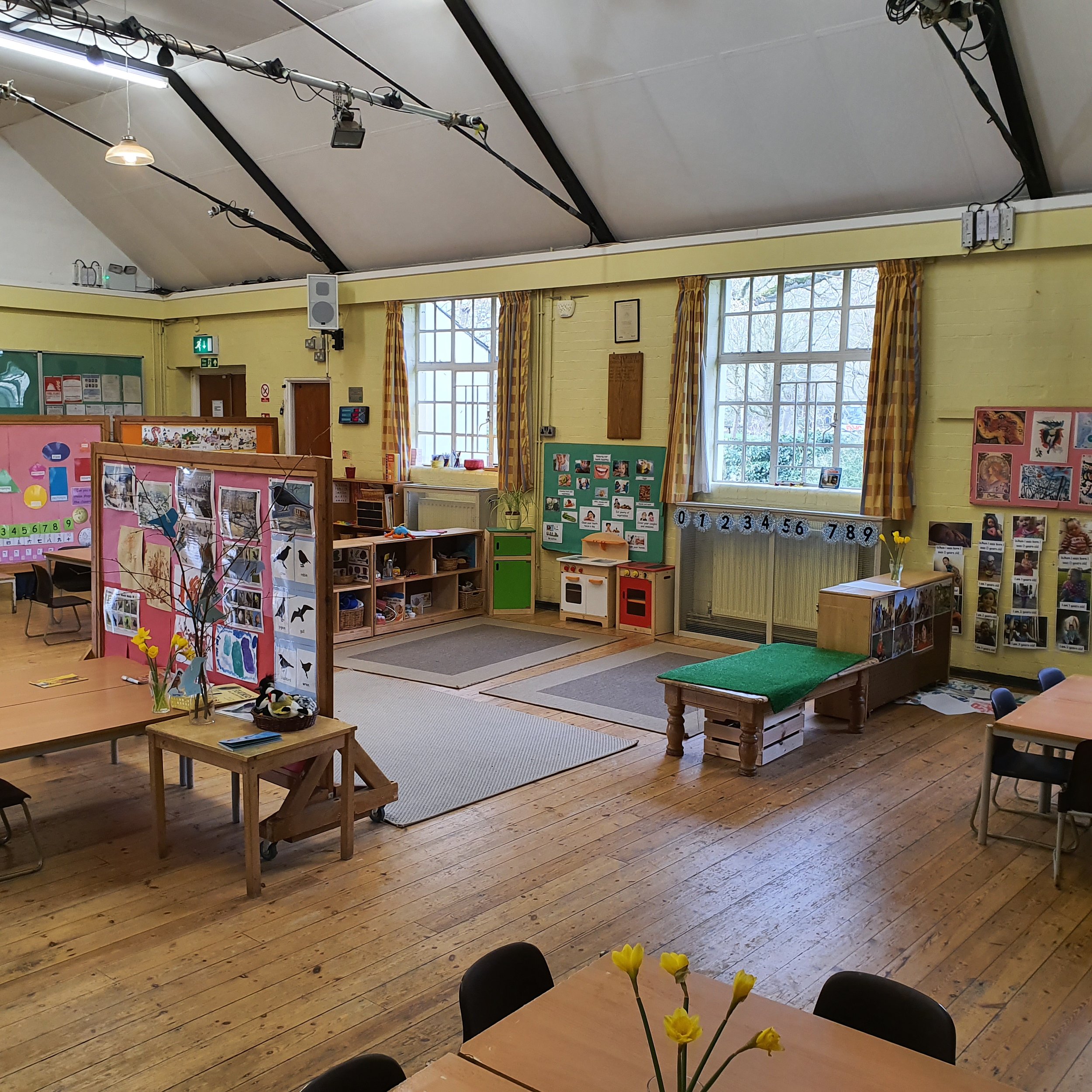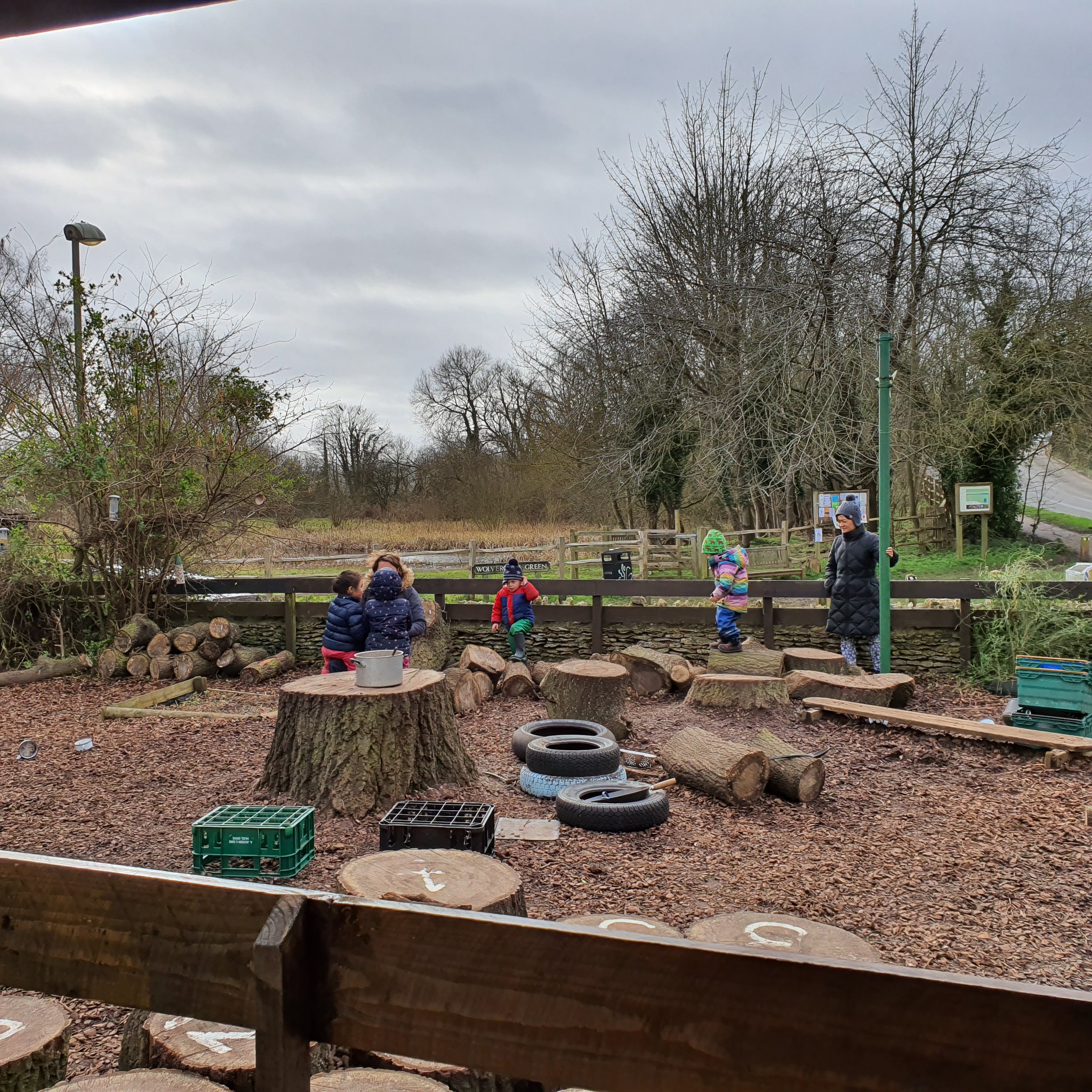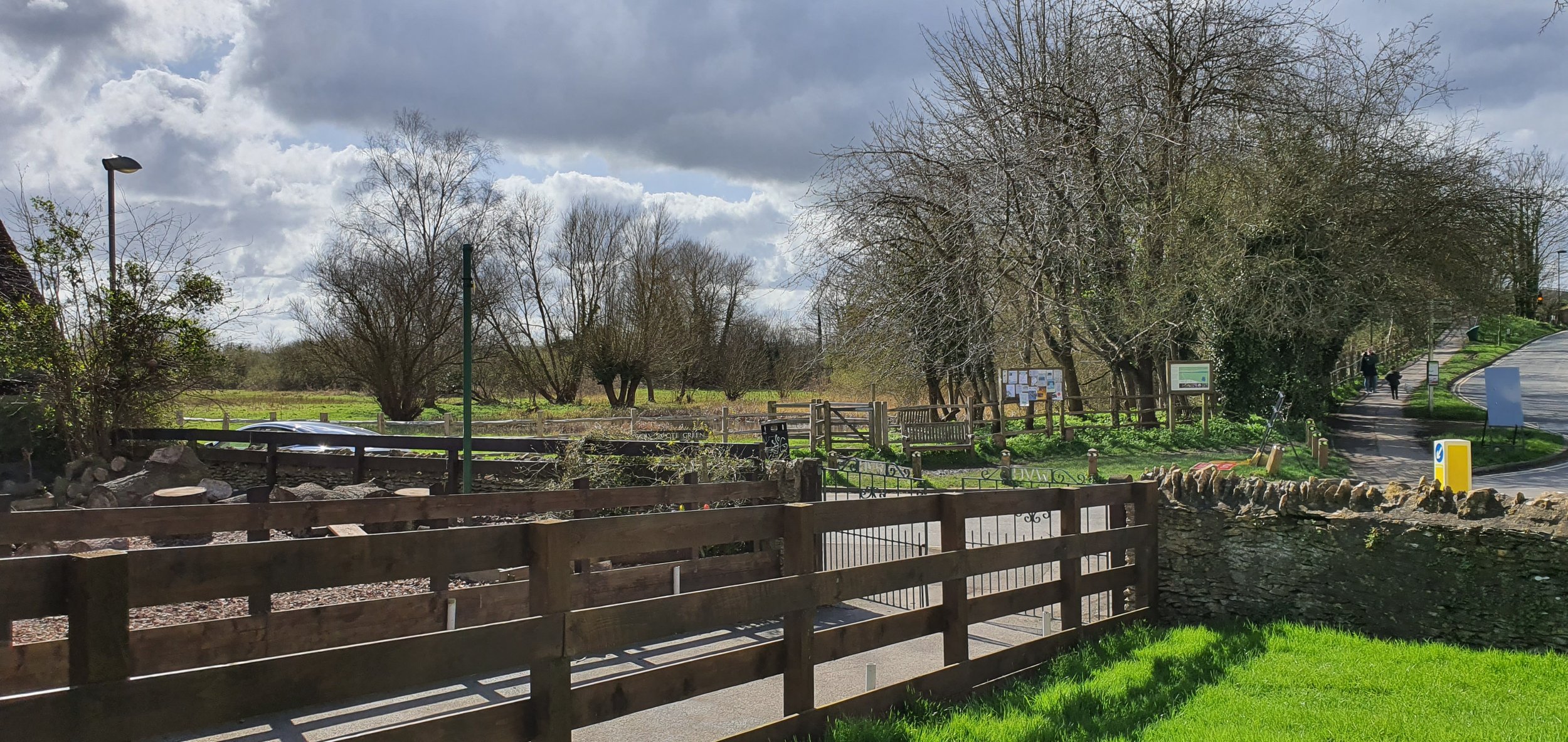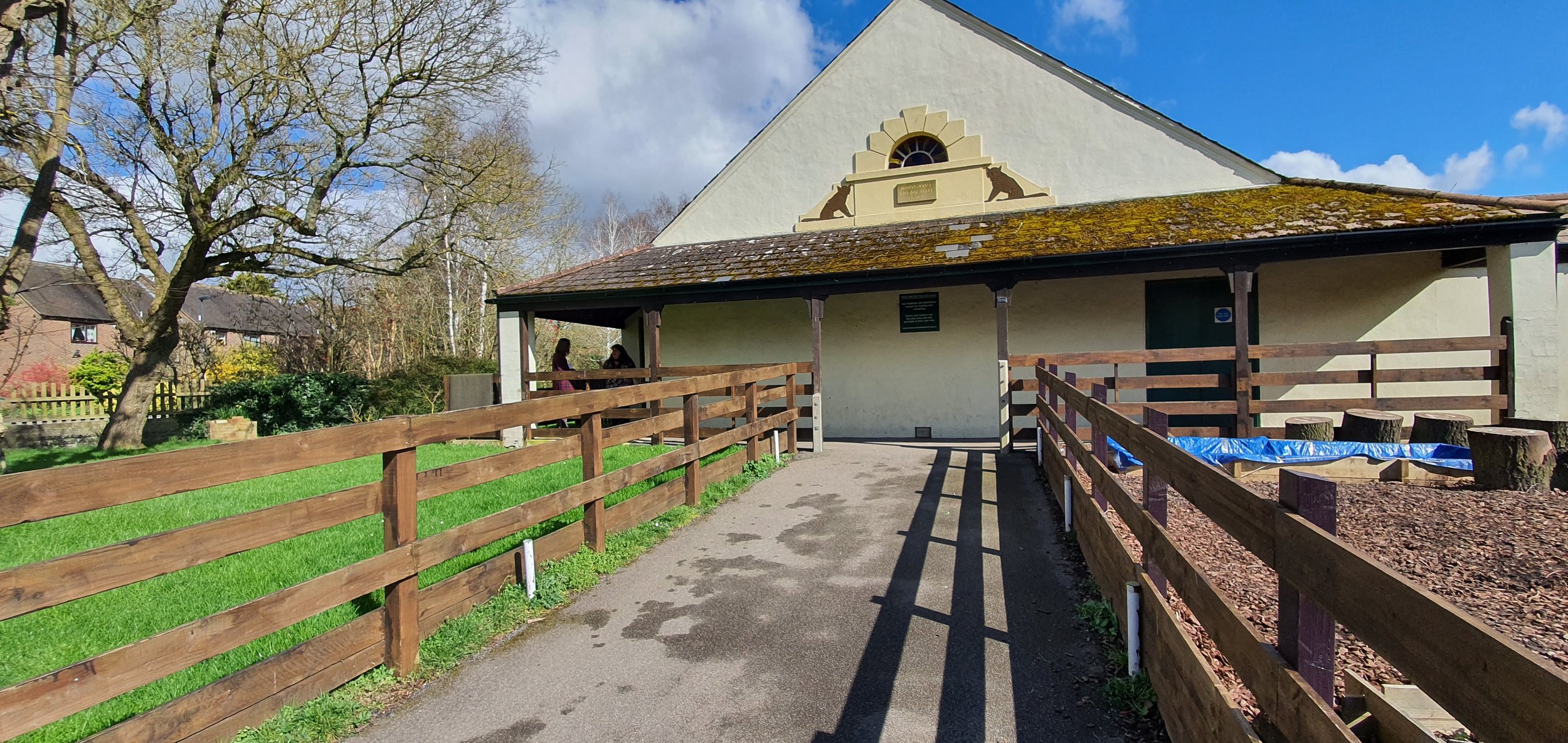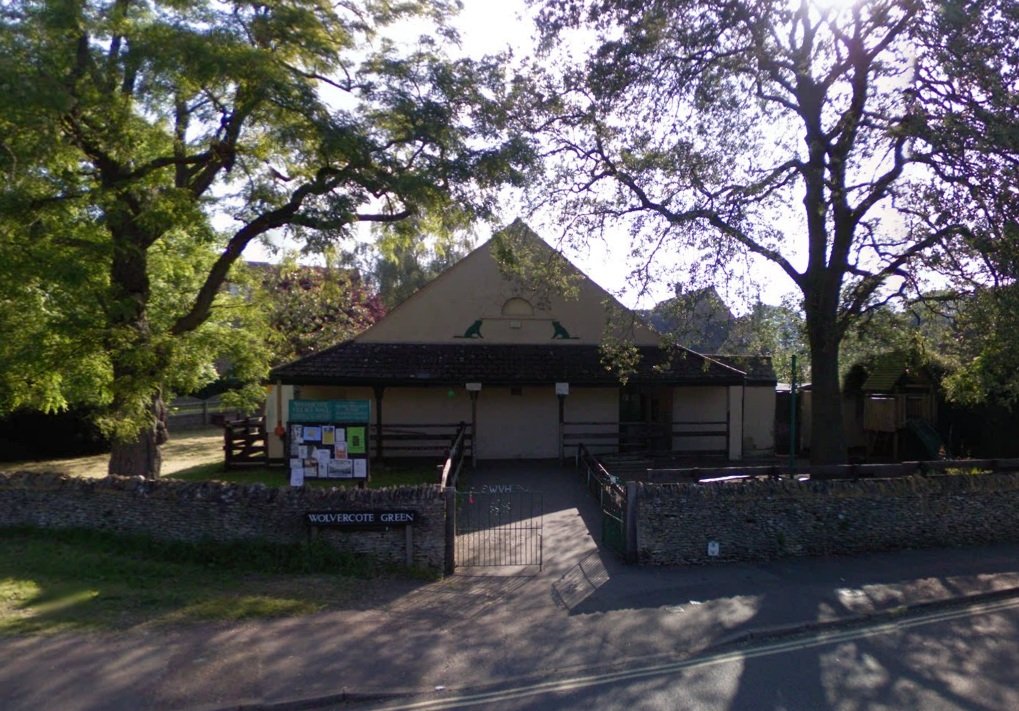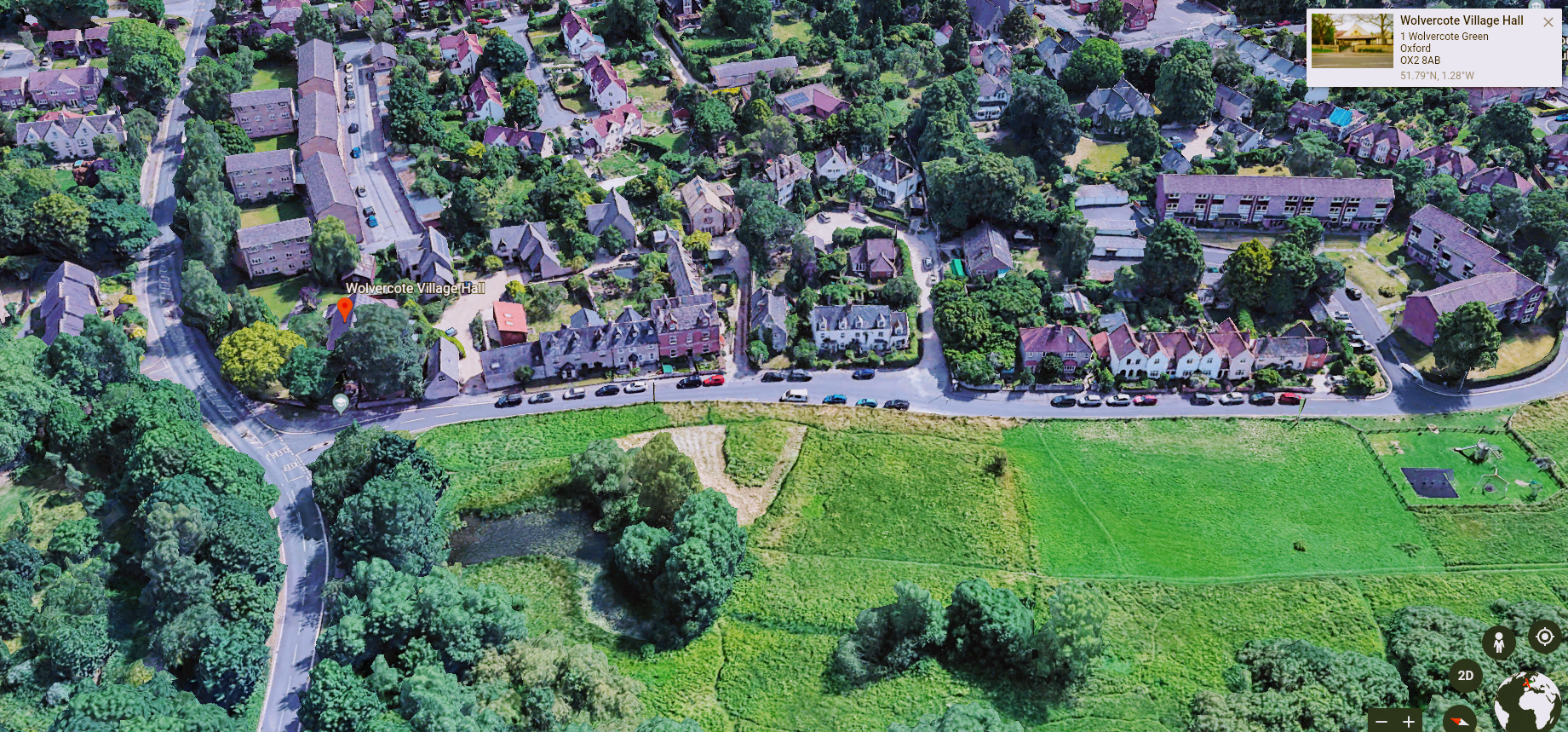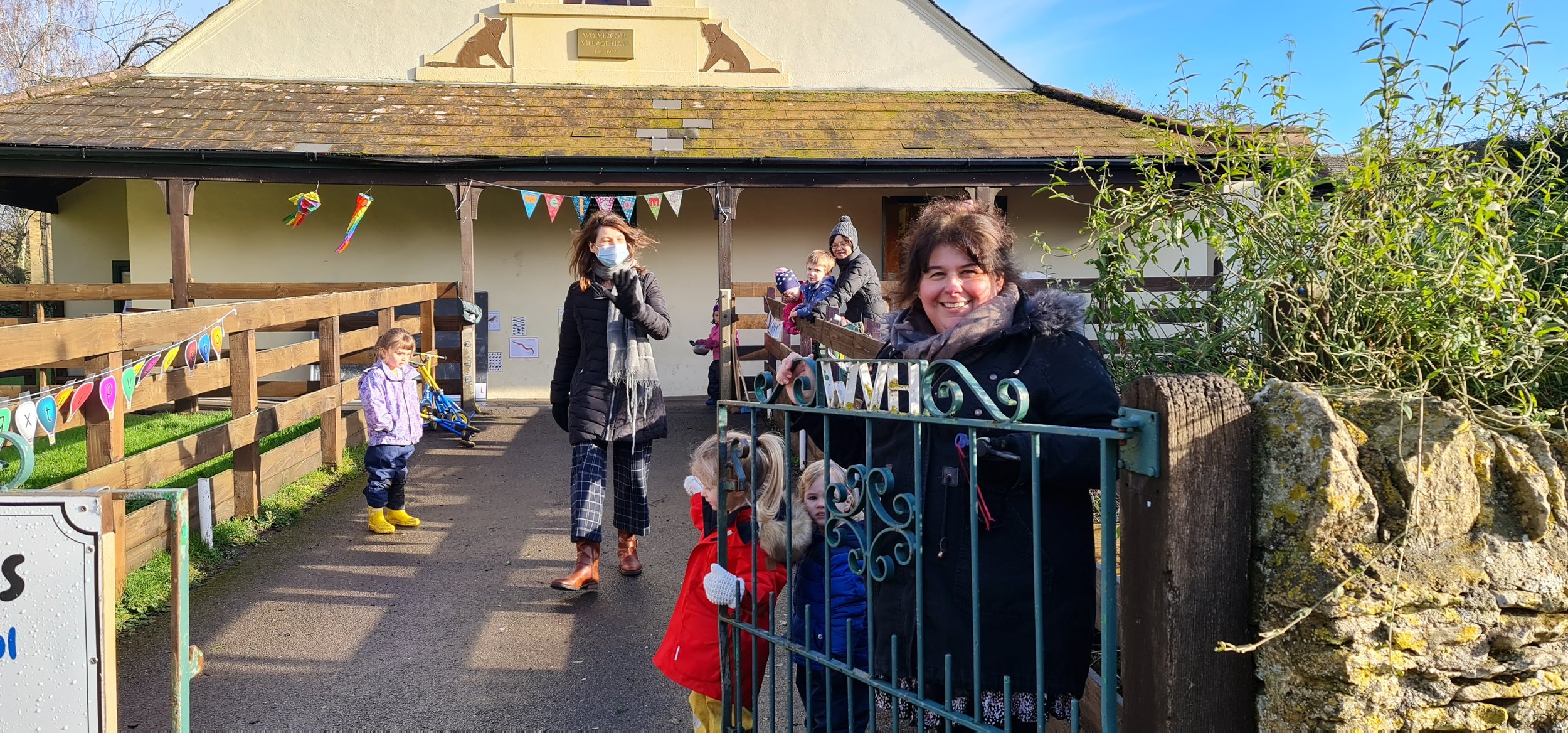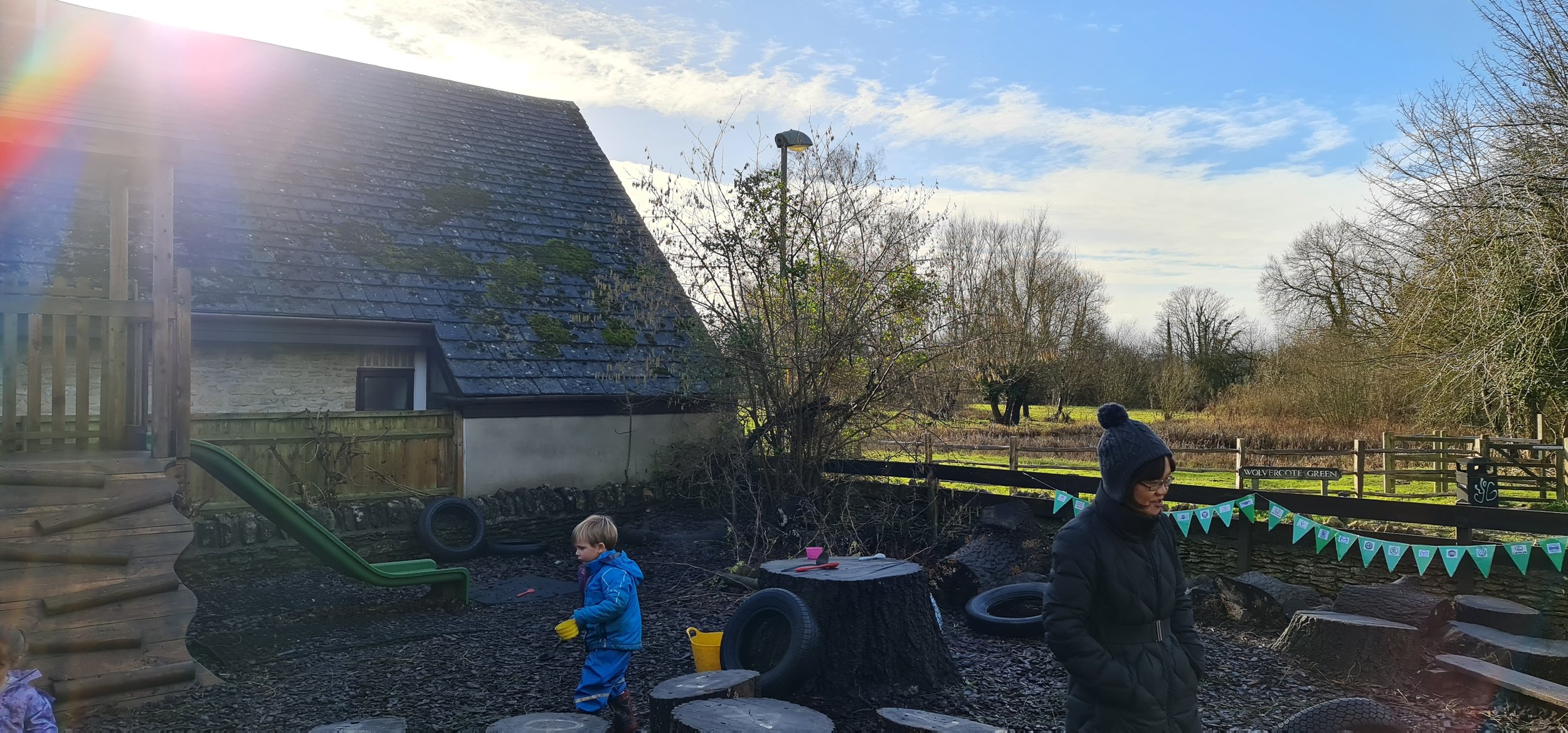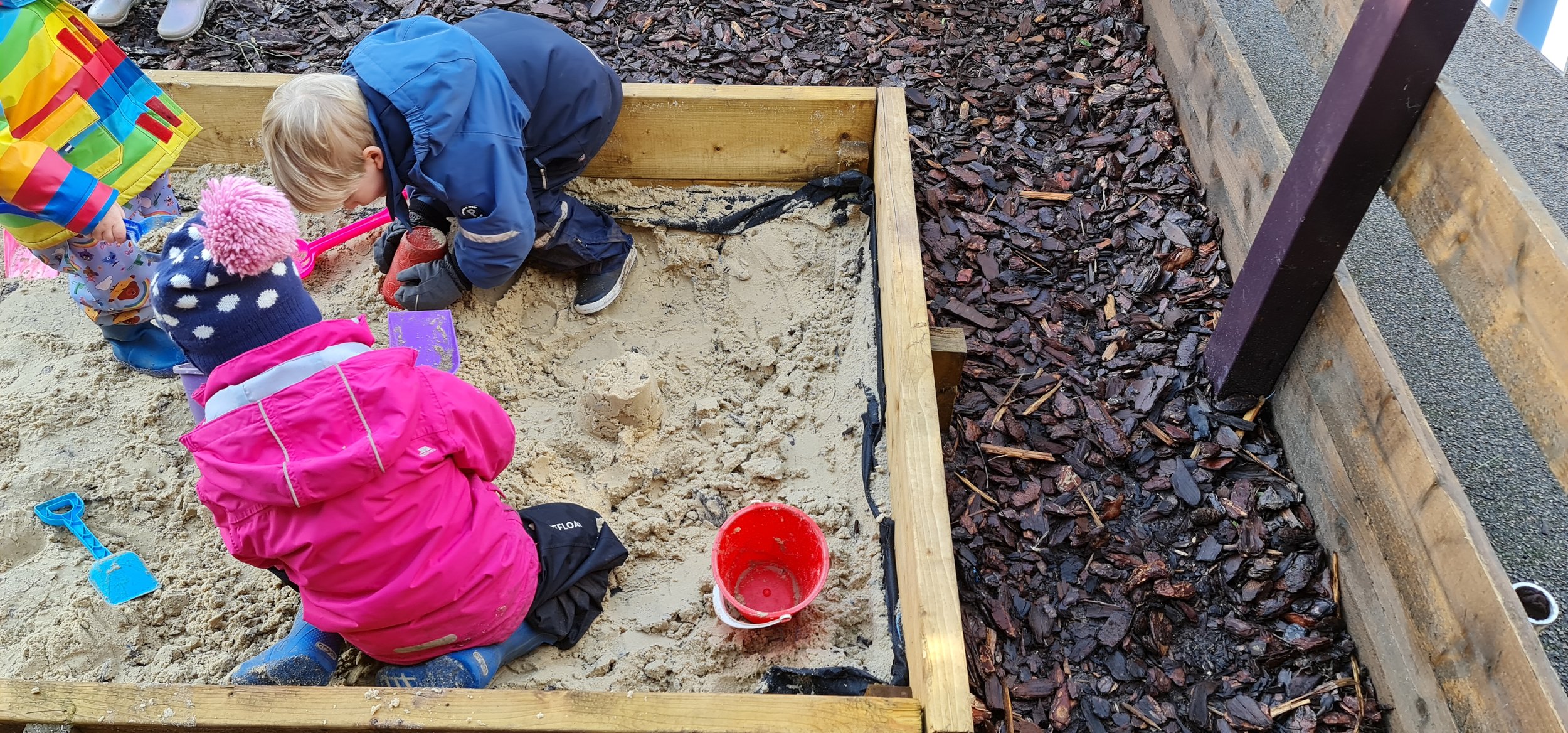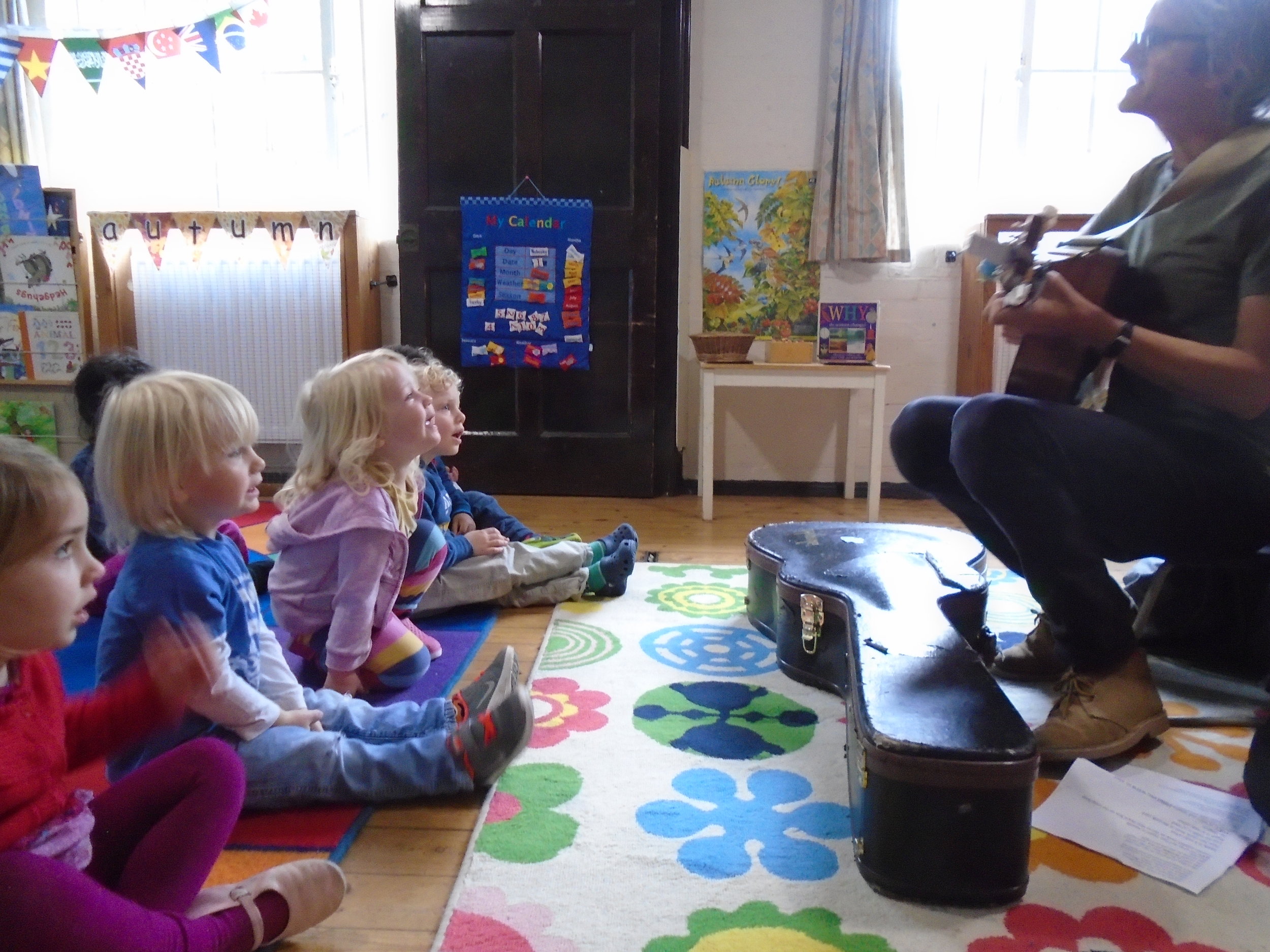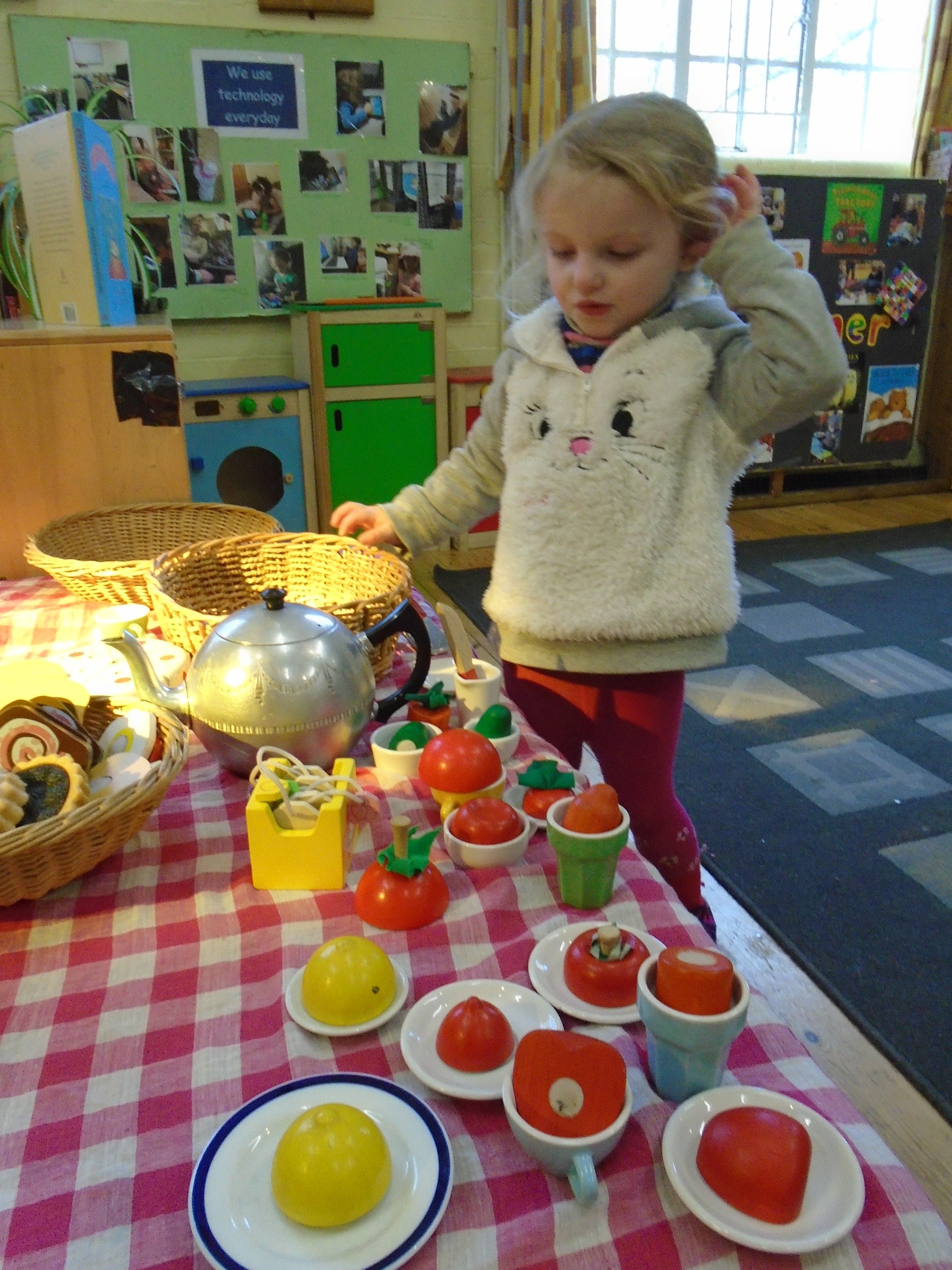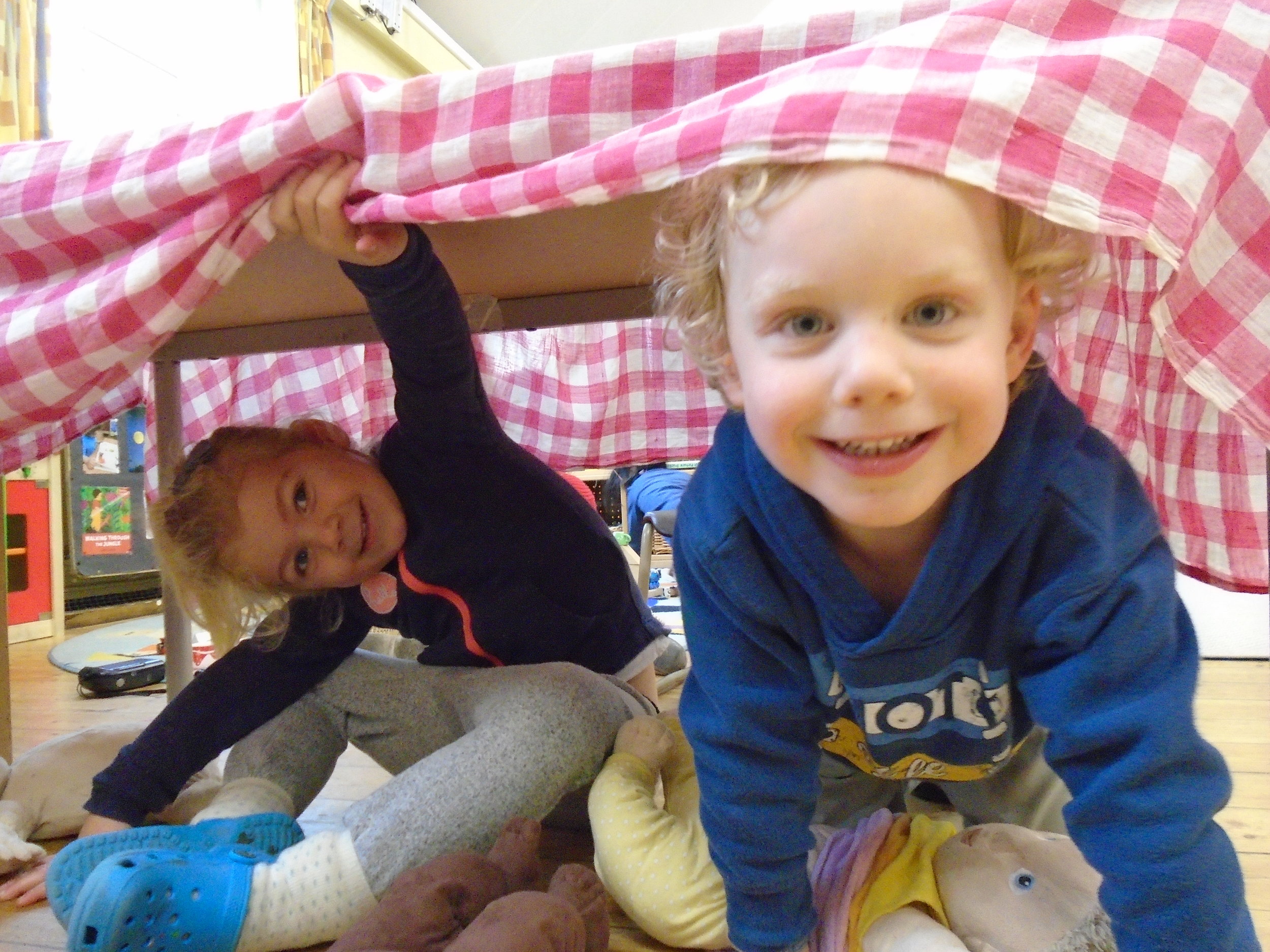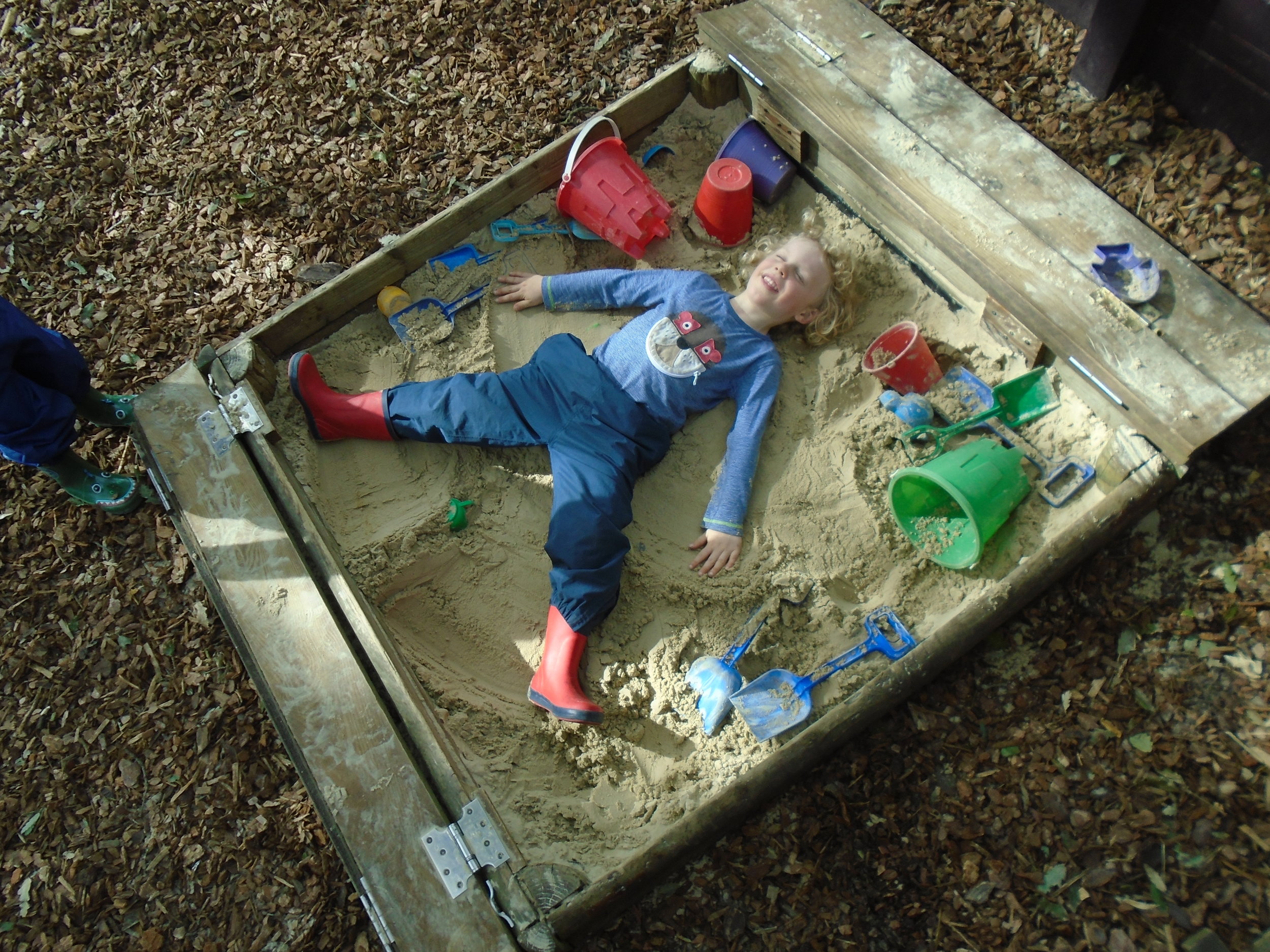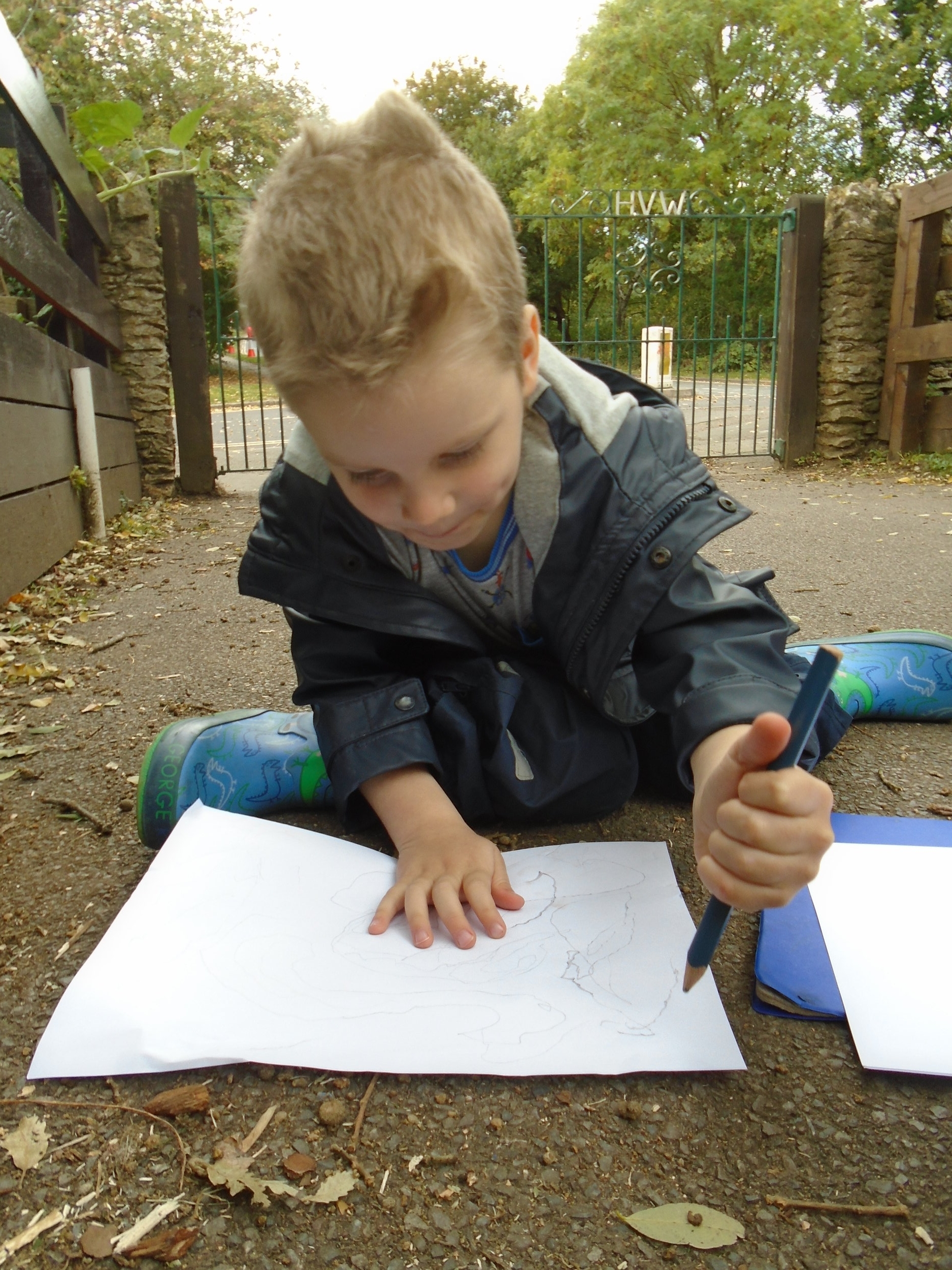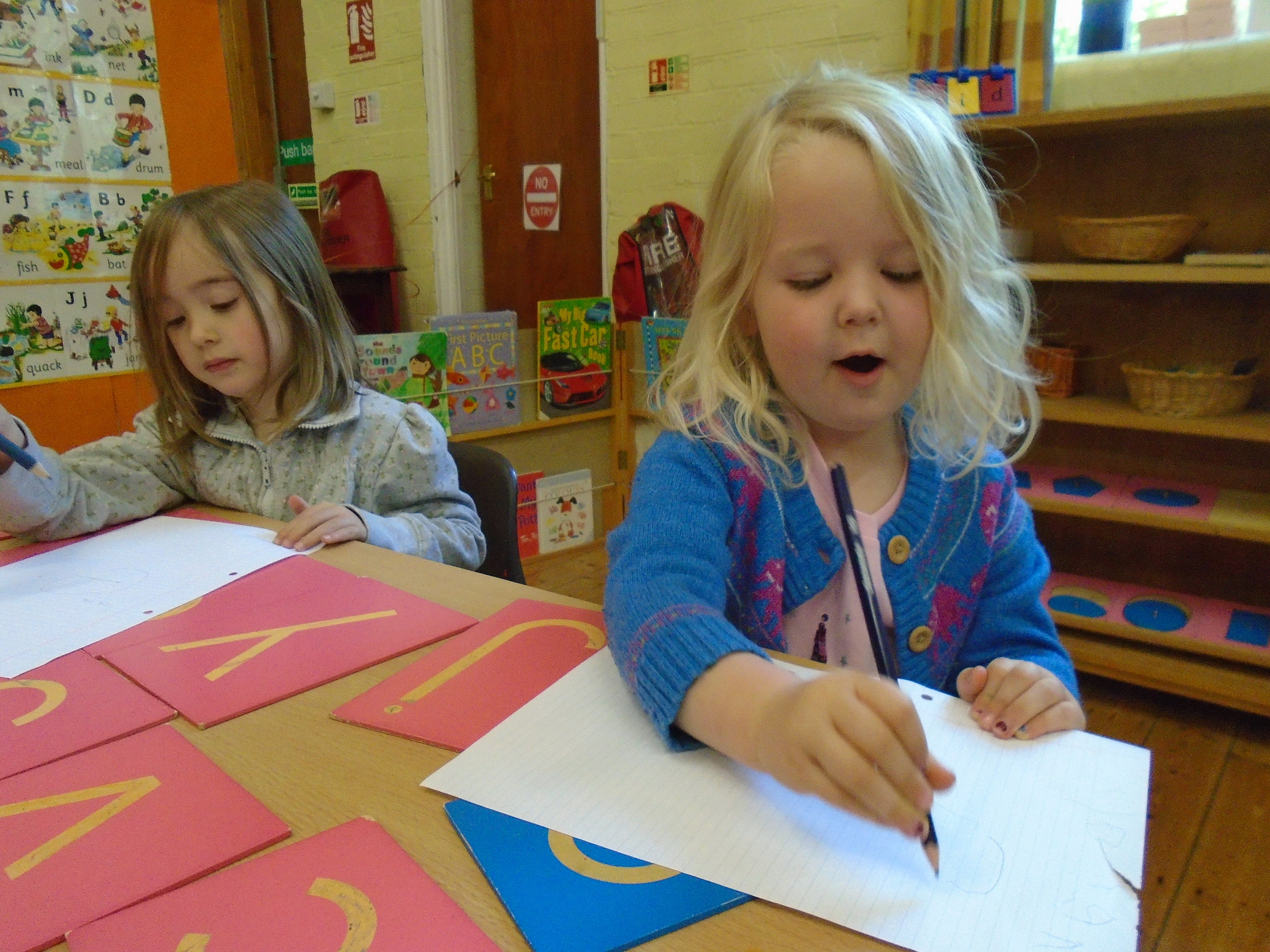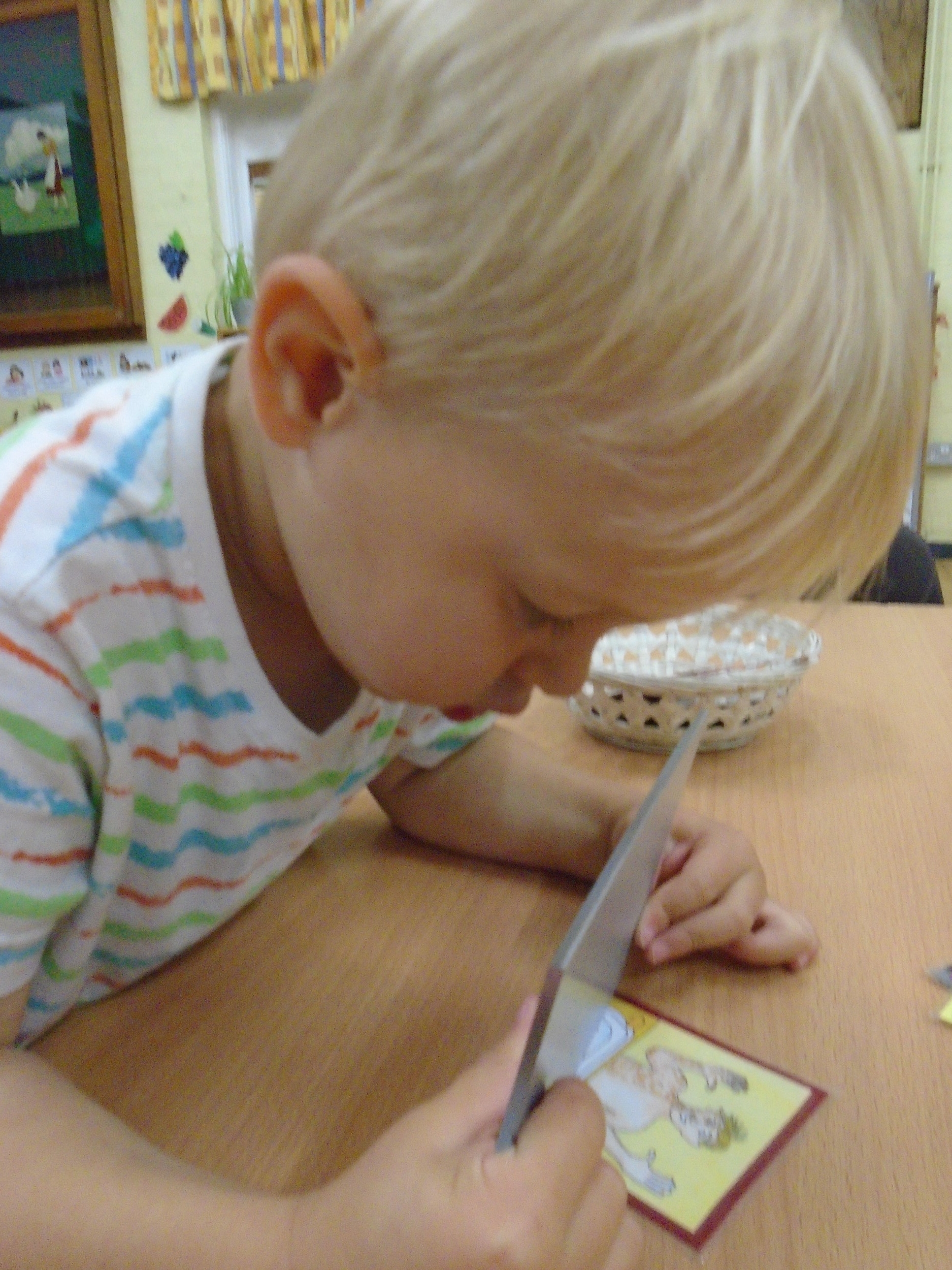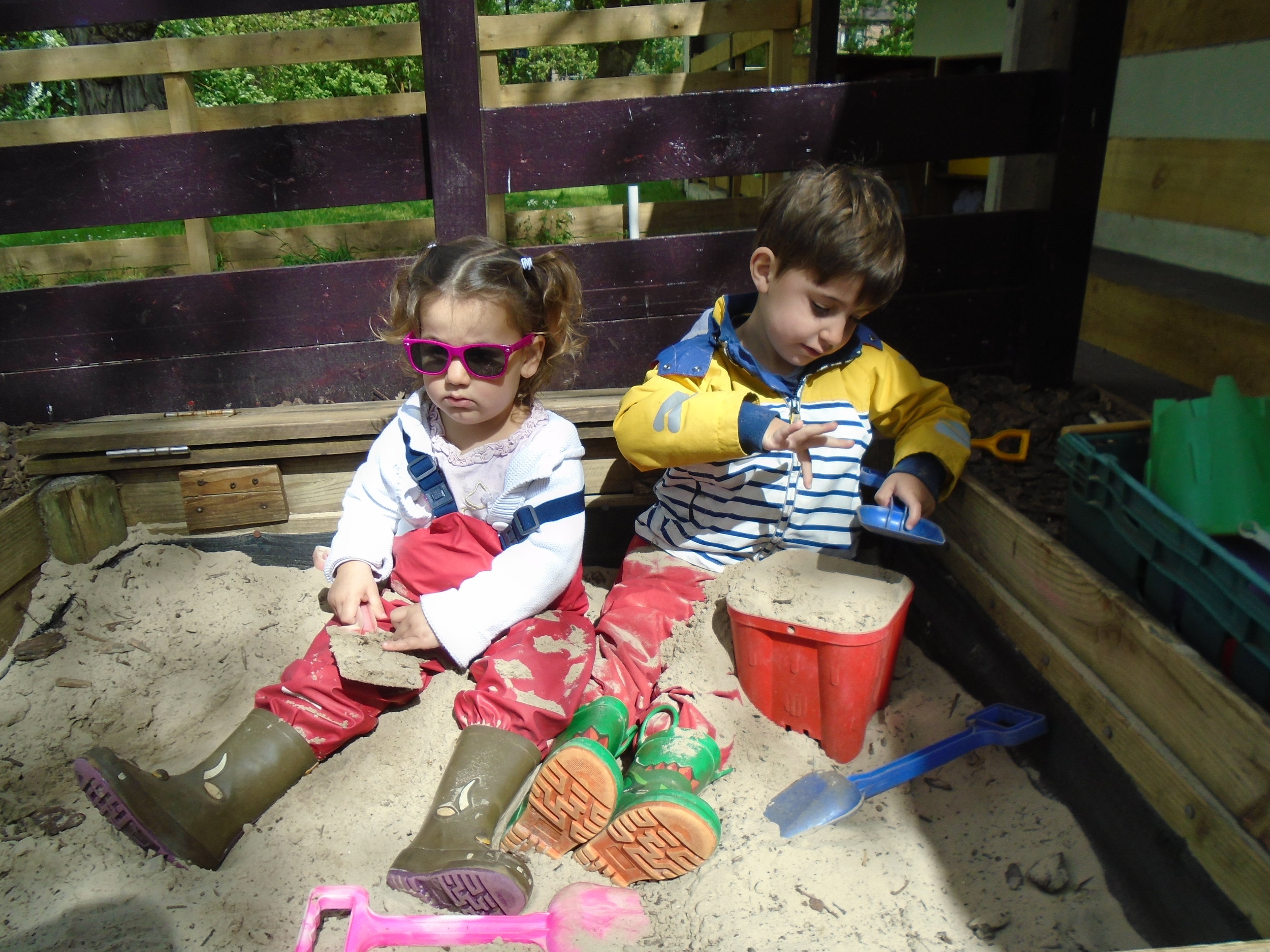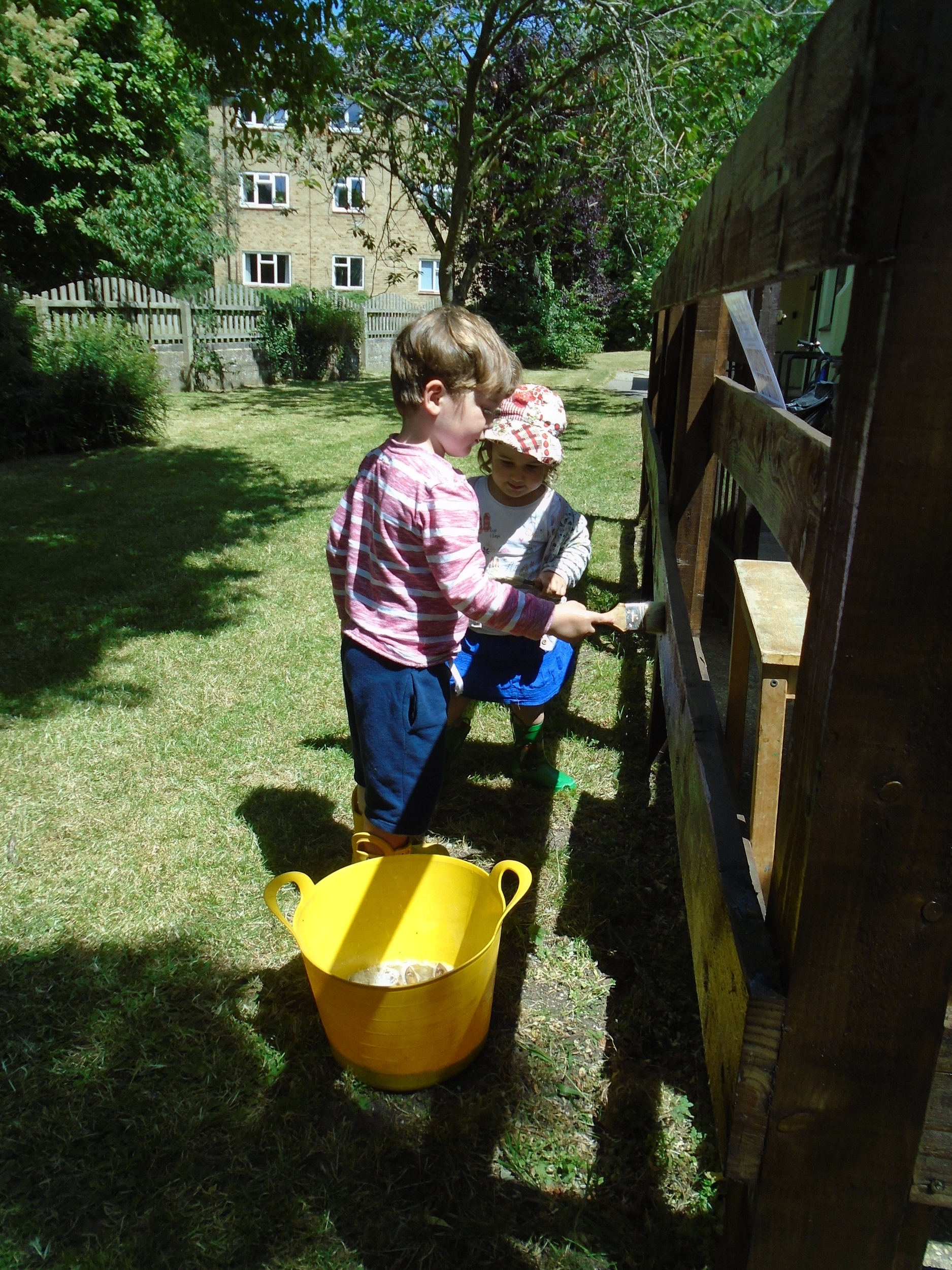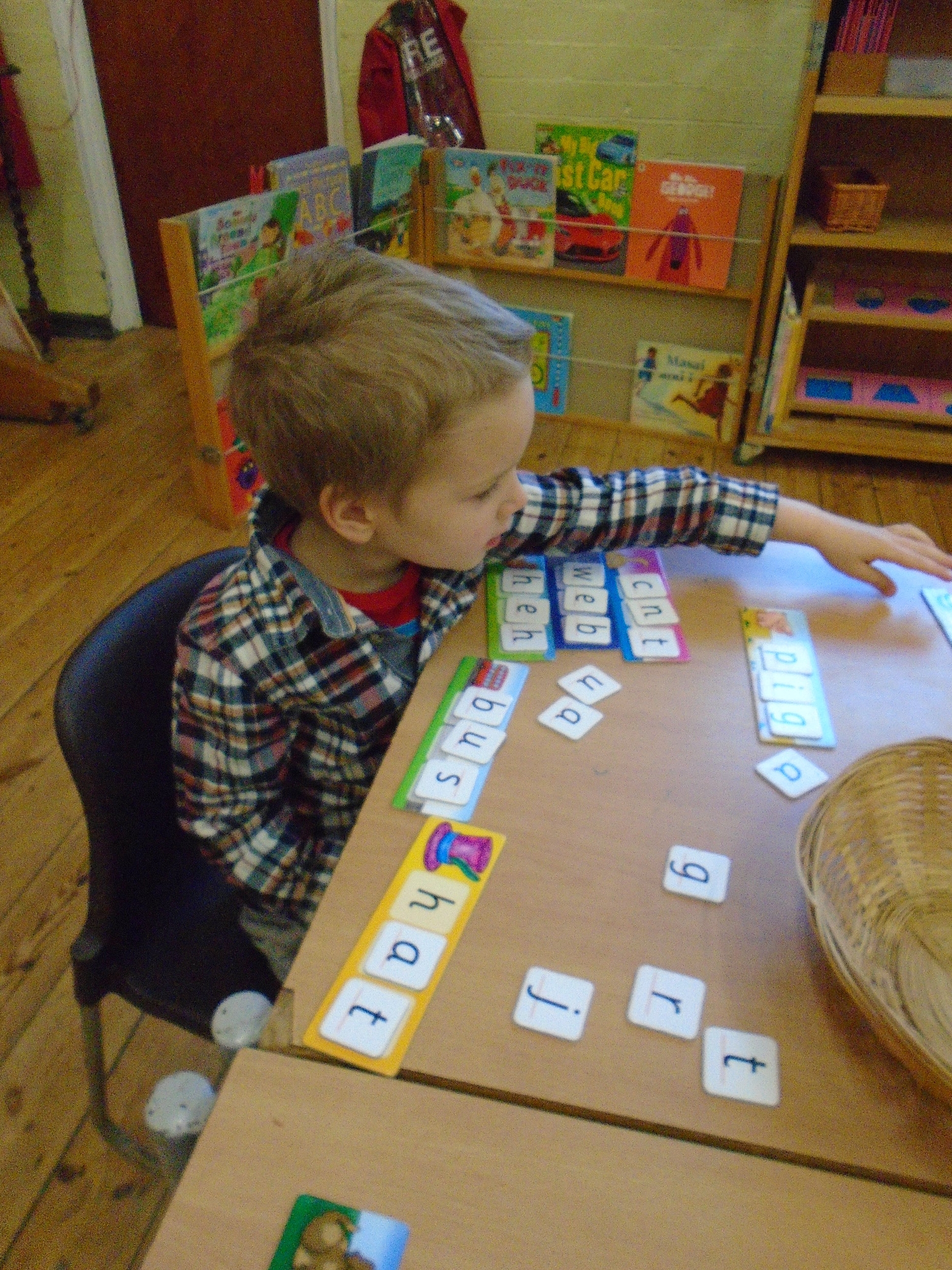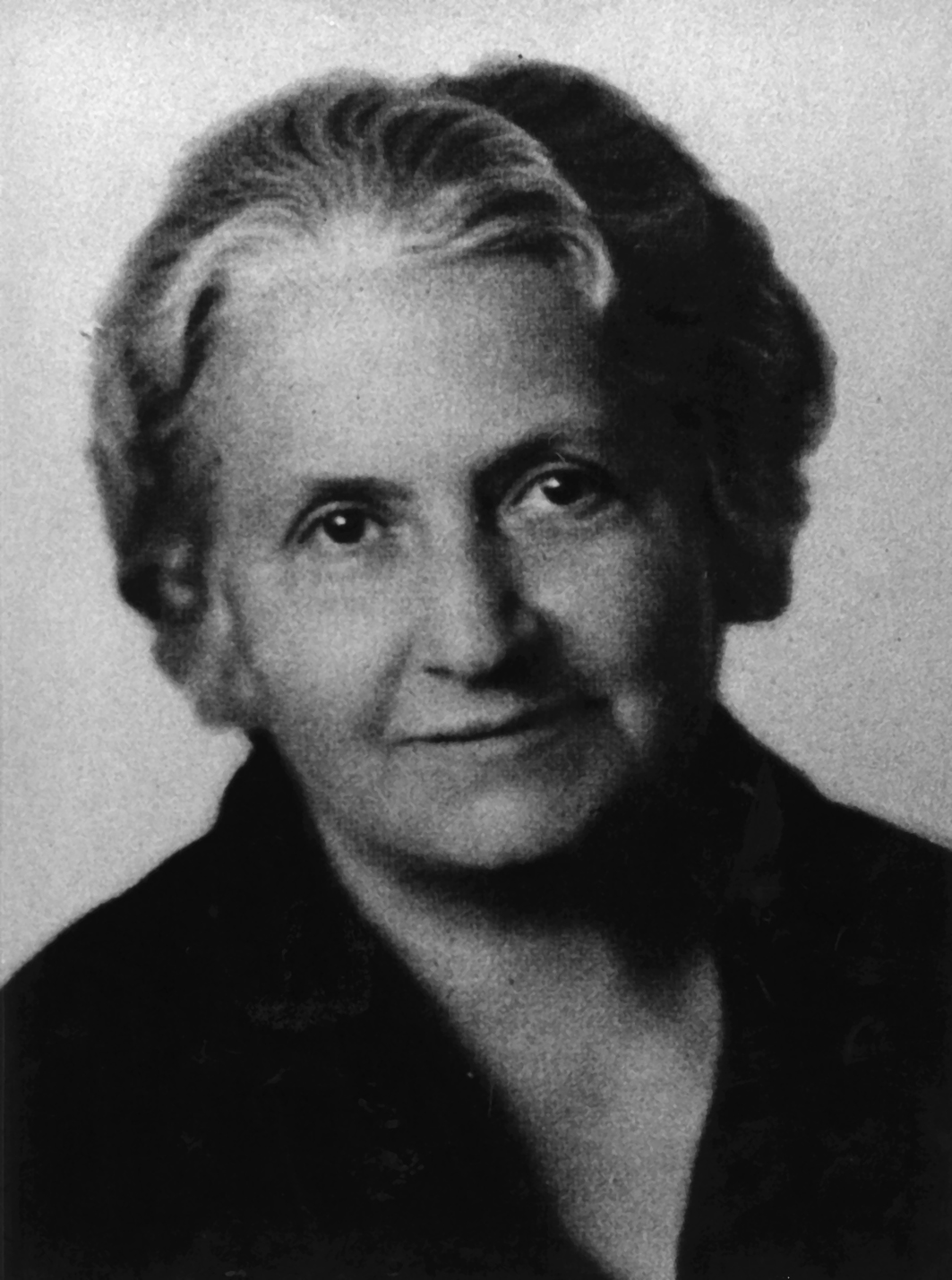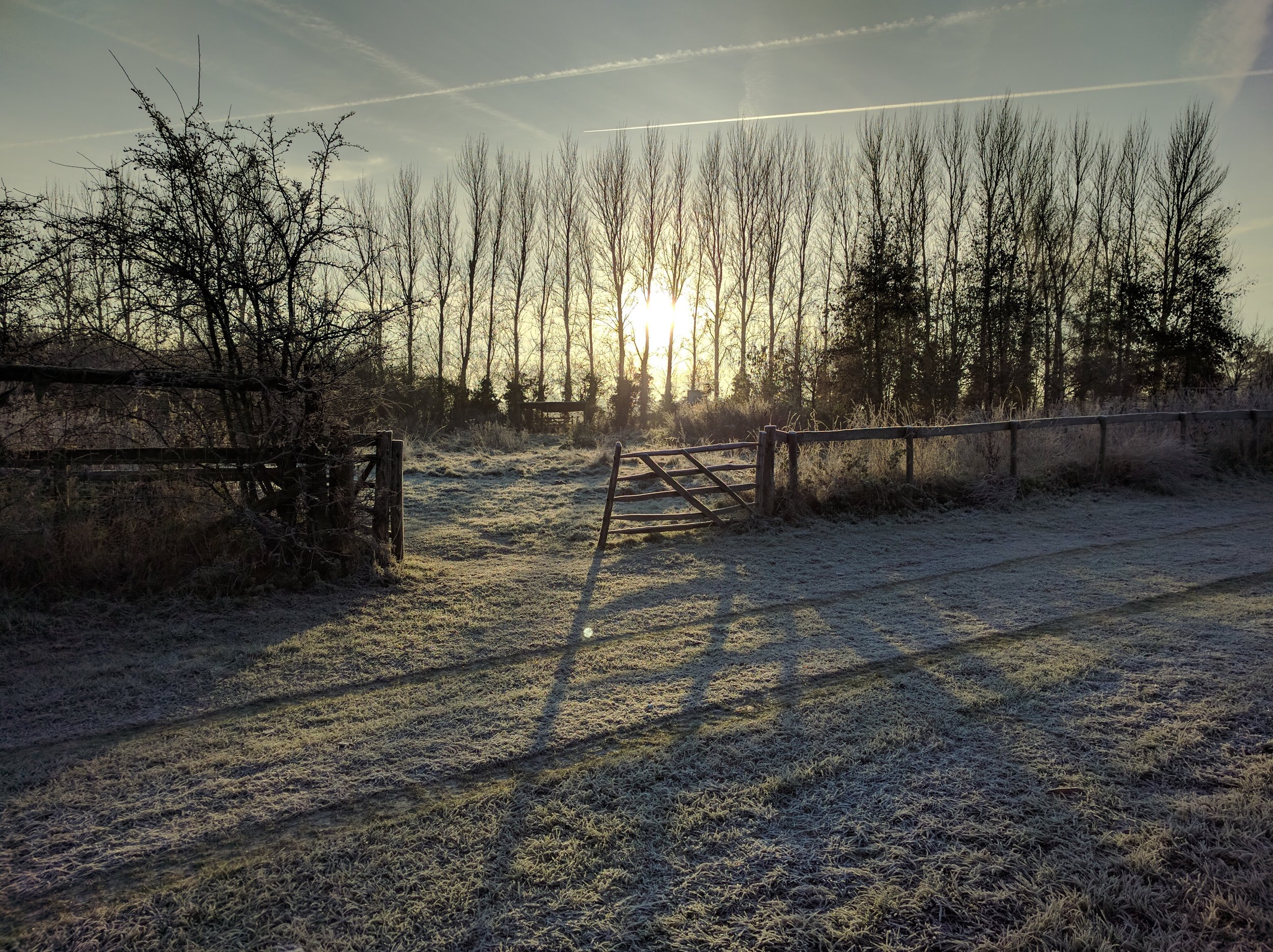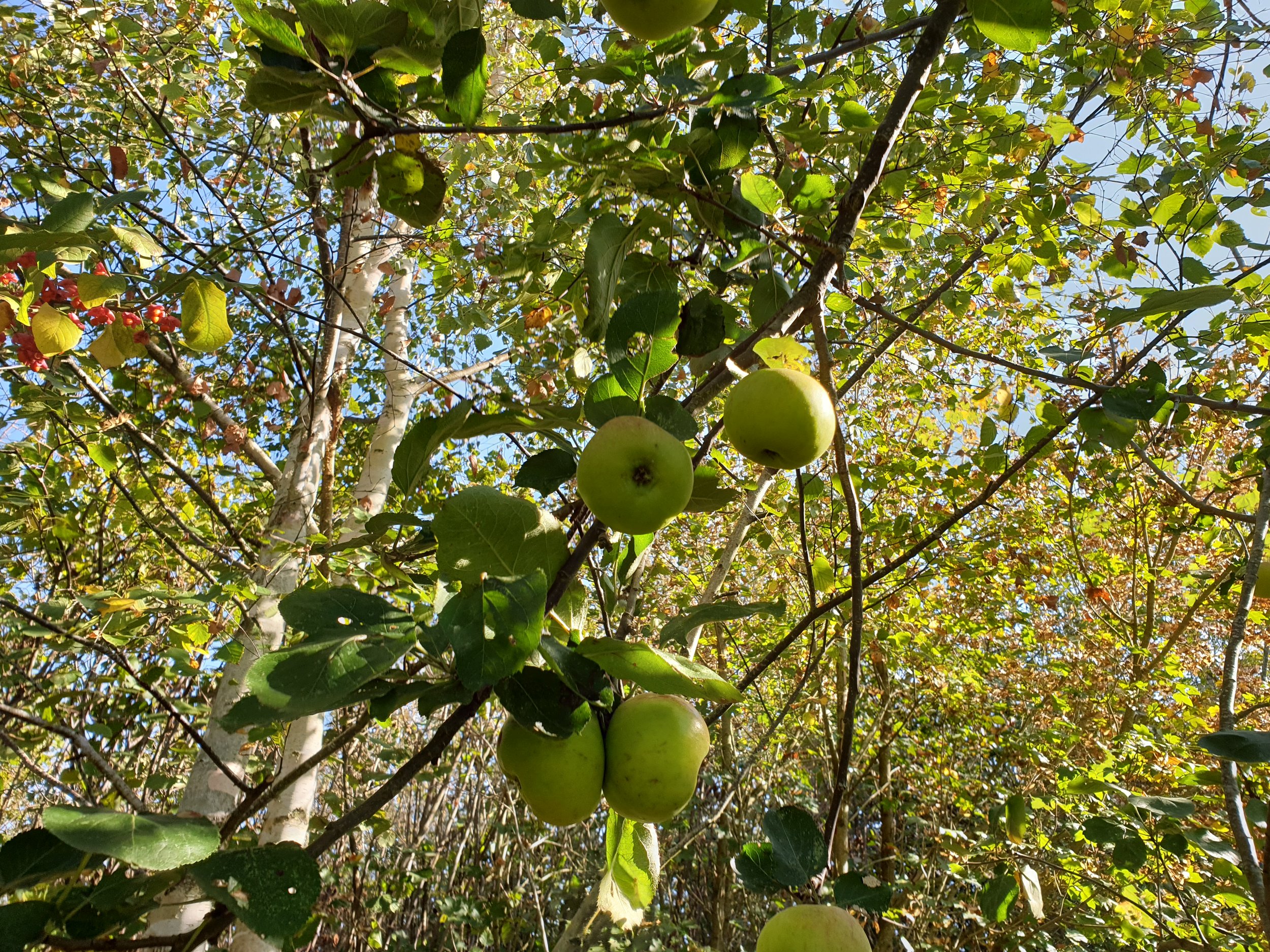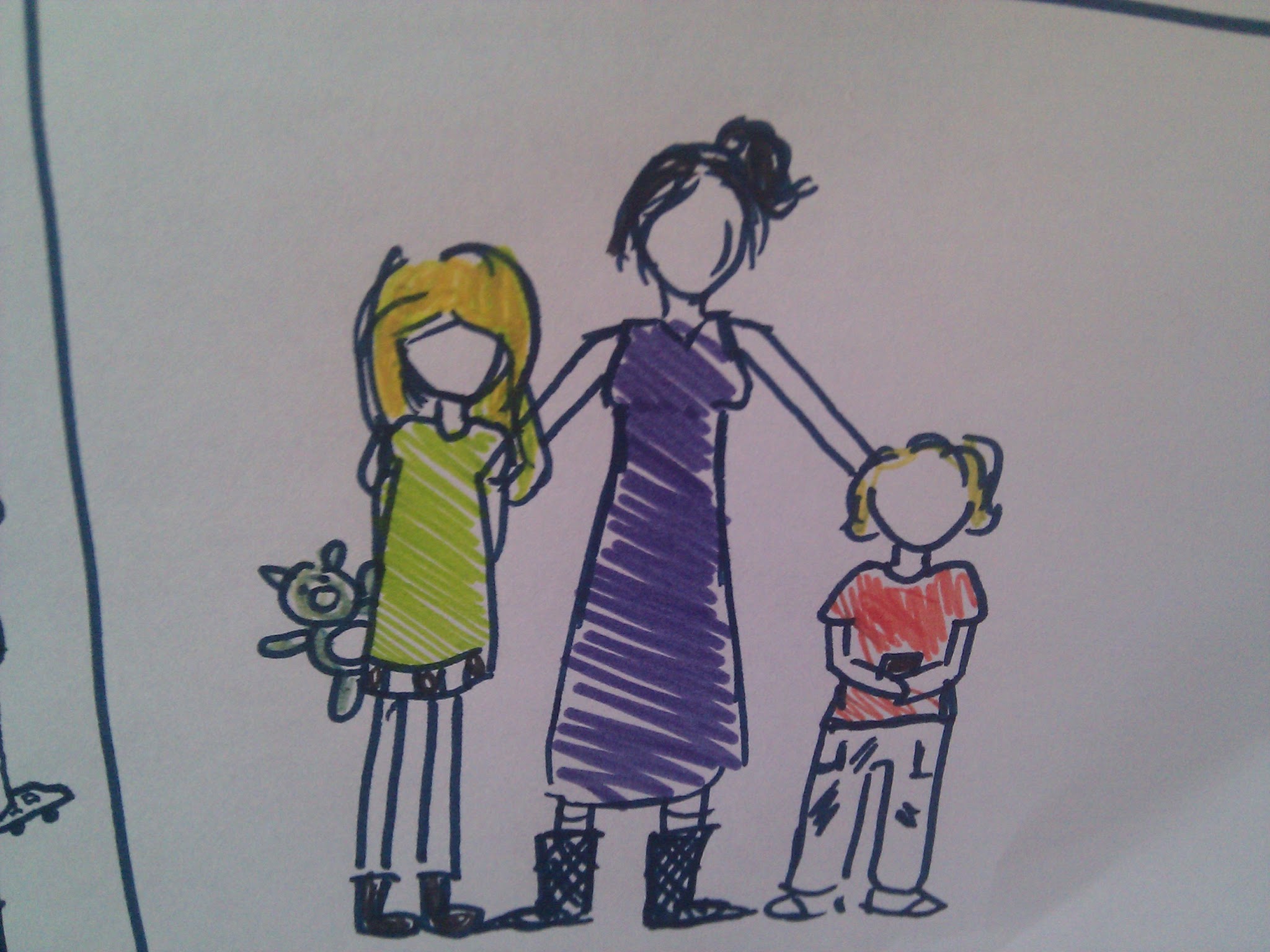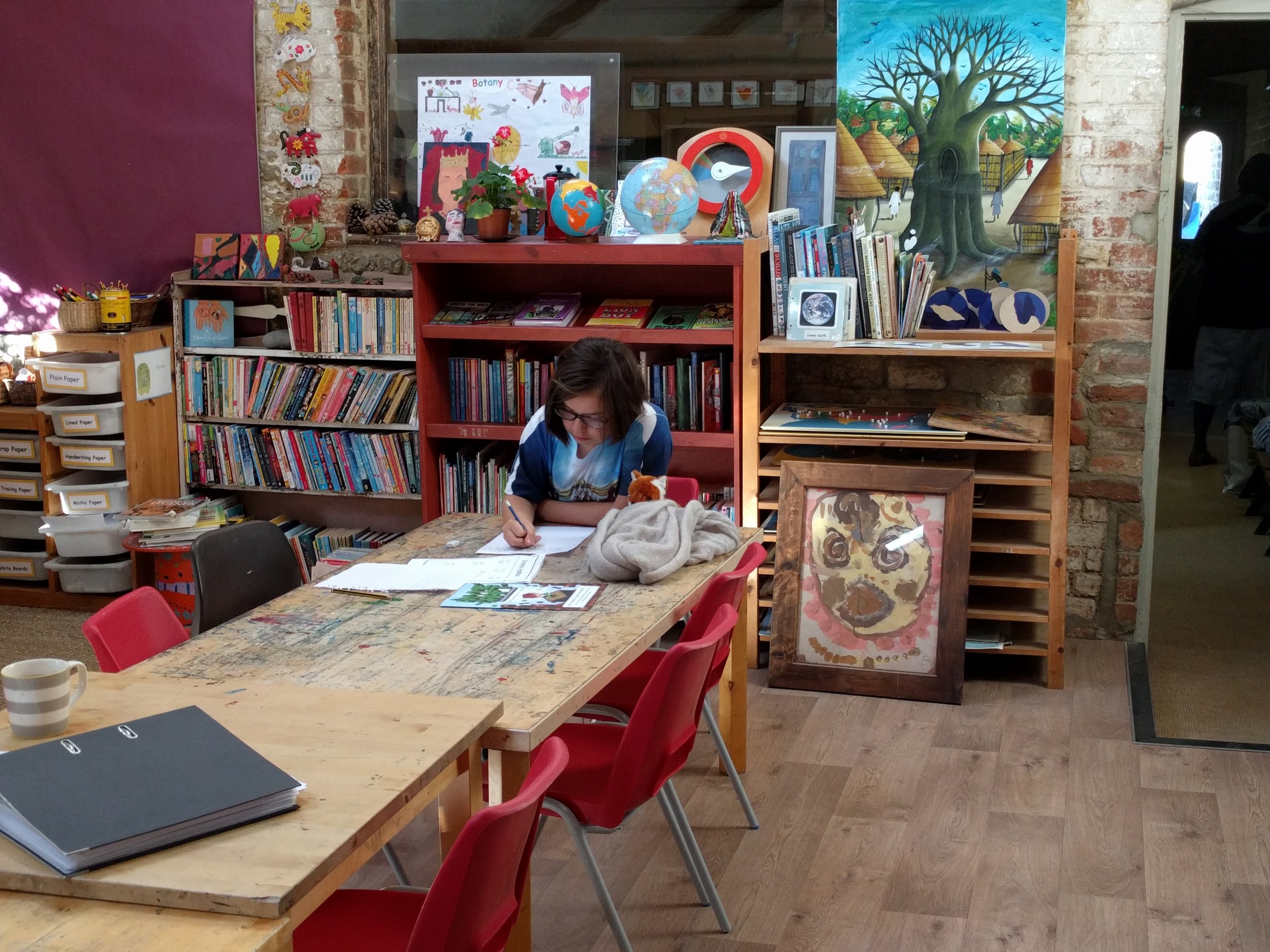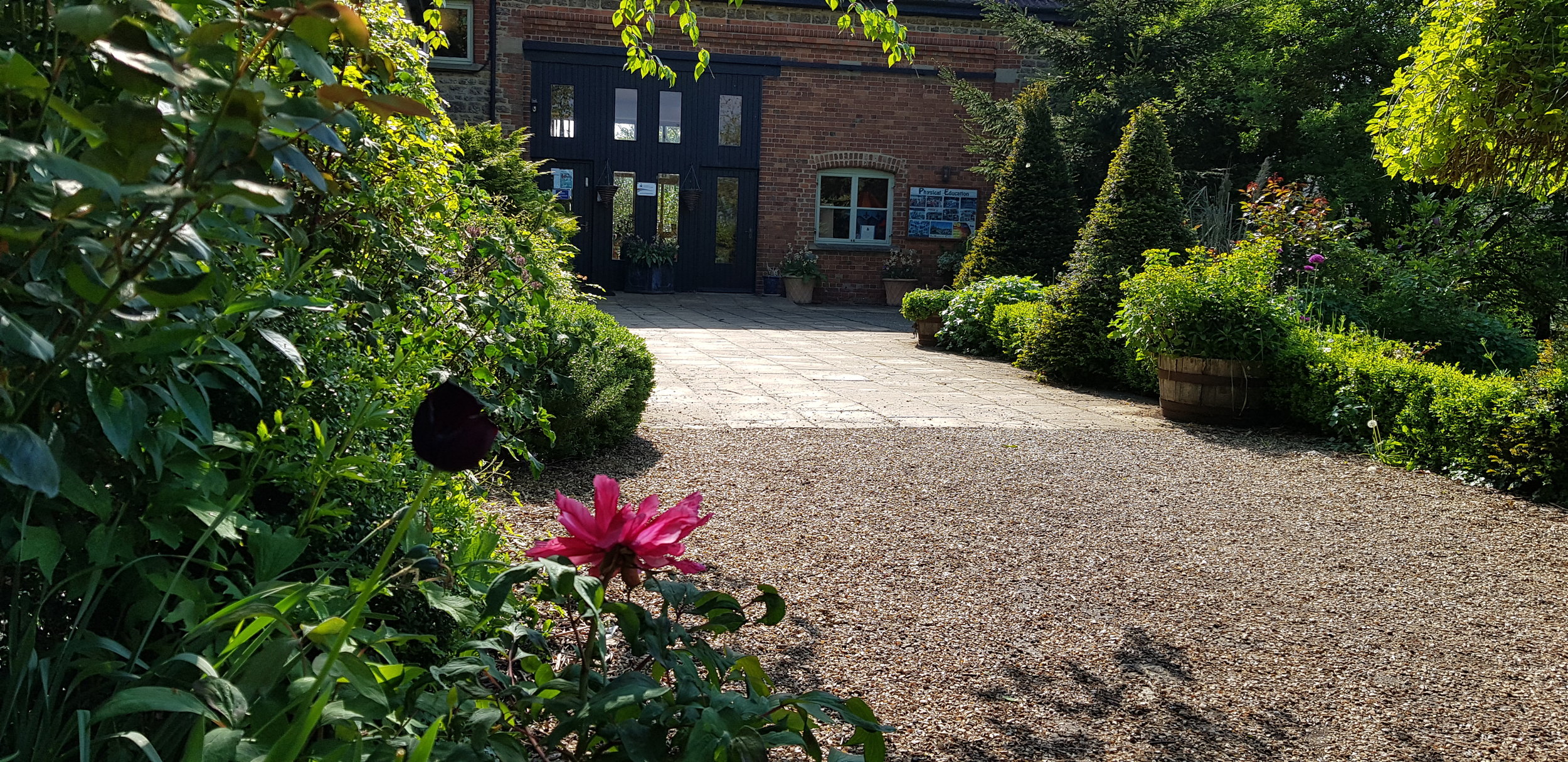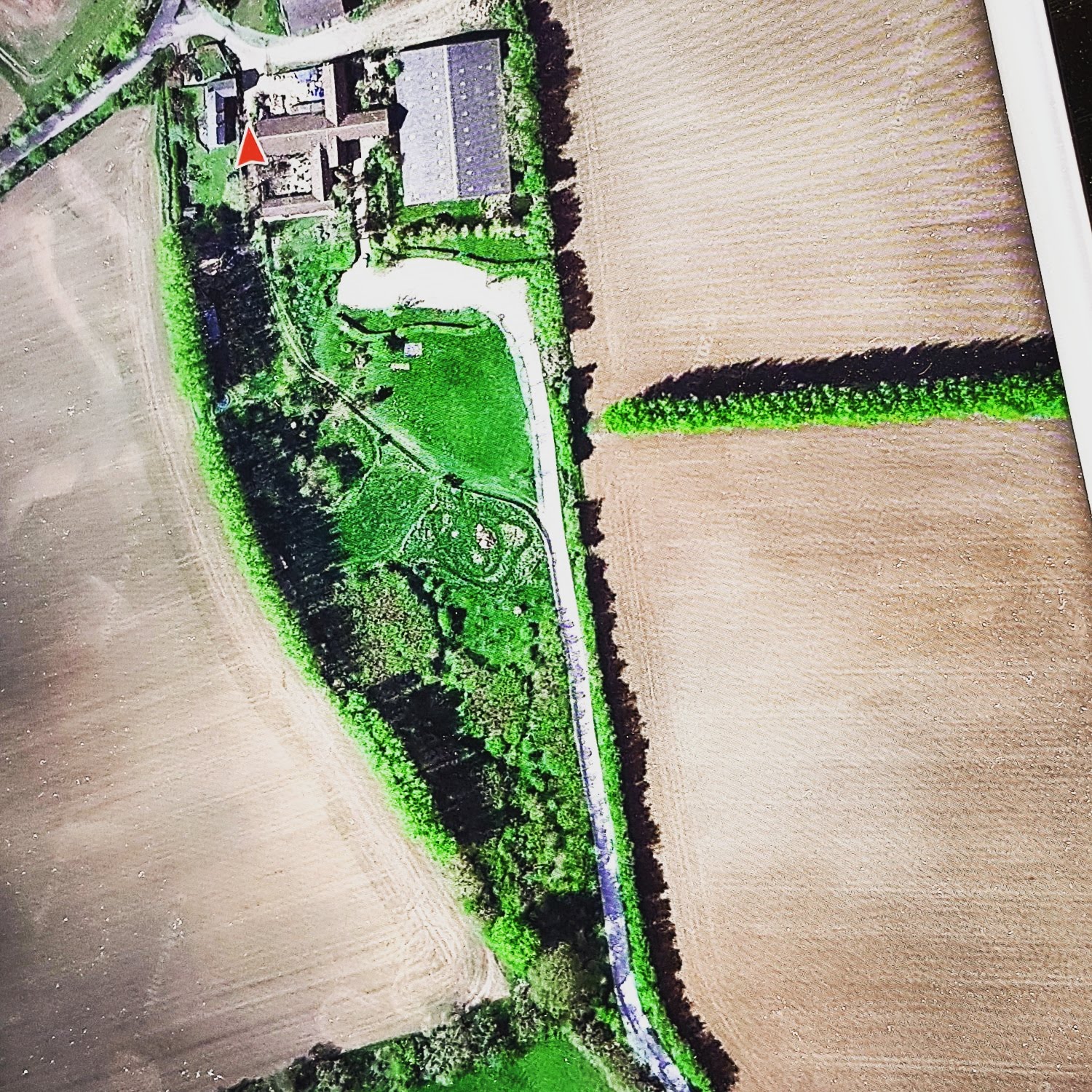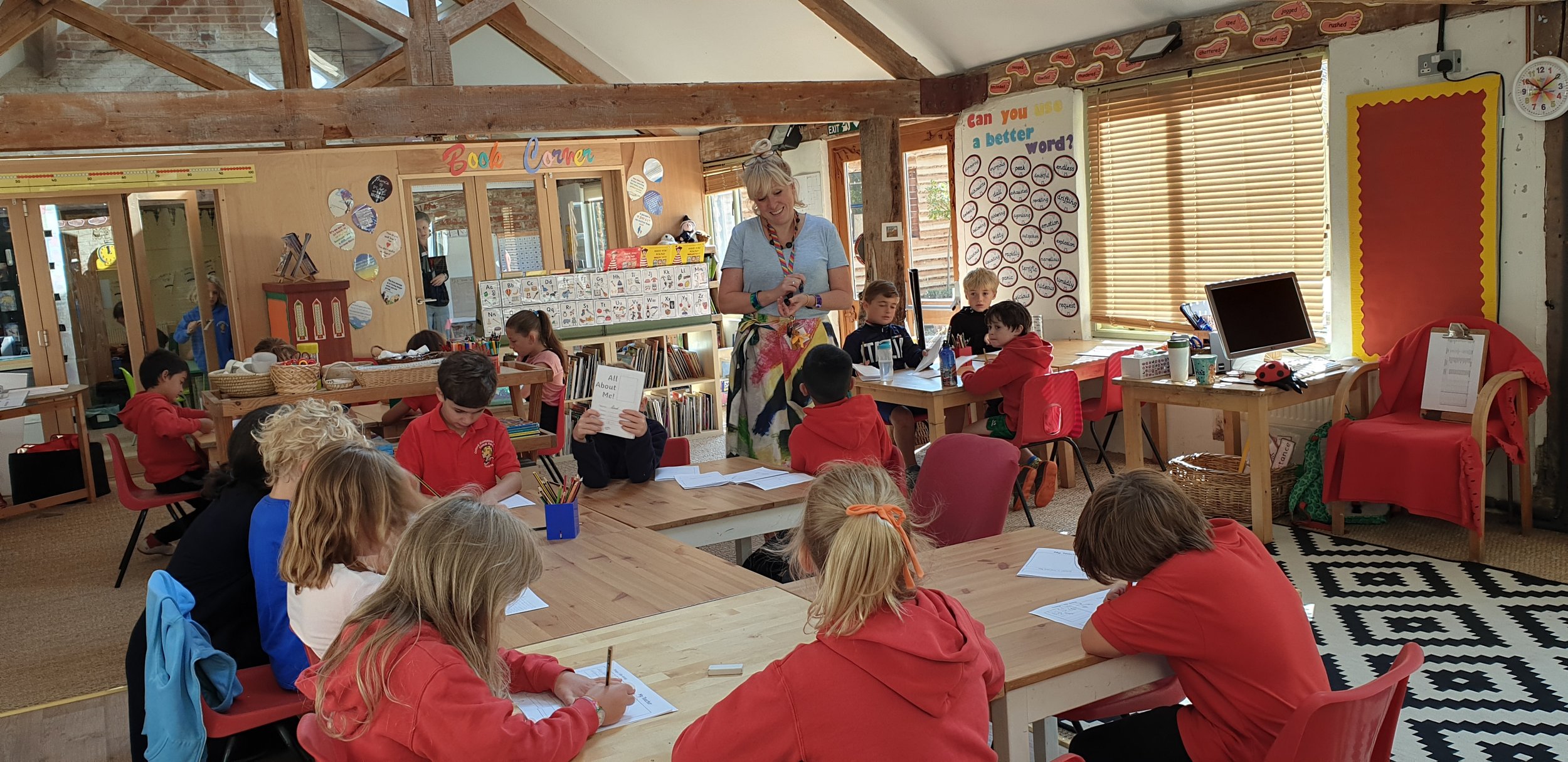“Children attending Wolvercote often move on to local independent or maintained schools or Forest Farm - OMS’ sister school in Elsfield”
“OMS Wolvercote Montessori Nursery is one of North Oxford’s most established early years settings and has been serving the local community since 1993”
A special short film about OMS that features Wolvercote Montessori Nursery and teachers telling us about their day and the methods we use.
“The staff team at Wolvercote have been in place for many, many years. It is a unique feature of the nursery school in these times of high turnover in the early years sector.”
Wolvercote ‘At a Glance’
A small beautiful Montessori setting in the heart of North Oxford
Wolvercote was established in 1993. Since the beginning the nursery has been very popular with local families. The nursery supervisor has been here for many years which brings huge benefits for the children who attend. Wolvercote is part of the OMS group of Montessori Schools established in 1990. OMS operates Forest Farm School in Elsfield, here children may join nursery, primary and senior school environments and continue a progressive Montessori inspired education up to GCSE’s aged 16/17. Children from 3-12 are welcome to join our Create holiday club at Forest Farm, Elsfield for each school holiday, except Christmas.
There are lovely spaces outside for children to enjoy at Wolvercote
Children working with Montessori materials
Partnerships: All OMS nursery schools are recognised by THE UNIVERSITY OF OXFORD & UNIVERSITY PRESS AND HAVE PREFERRED PROVIDER STATUS
Registration:
Wolvercote Montessori Nursery is registered for 26 children. We work to ratios of 1 teacher to 8 children over 3 and 1 teacher for every 4 children under 3. Places for children under 3 are very limited so please let us know in good time if you wish to reserve a place.
The performance barn at Forest Farm Montessori Primary & Senior School
Outside arts…
Essentials
Aim:
Every child deserves the best possible start in life to fulfil their potential. A secure and safe environment both indoors and outdoors and professional experienced practitioners play a key role in supporting and extending a child’s development and learning.
Teachers
The staff team has a wealth of experience with Early years. We work to staff to pupil ratios of 1 teacher to 8 children aged 3 and above and 1 teacher to 4 children under 3. Each teacher has a group of key children to care for and observe their developmental progress. Our staff are a well qualified combination of Montessori and Early Years trained practitioners with a wealth of knowledge and experience. Our staff are extremely dedicated and caring and continually observe children’s emotional well -being, and social and learning developmental stages and adapt and prepare the environment to meet children’s continual changing needs. Our teachers are their as observers and facilitators, to guide the children, following their interests and responding to their developing curiosity and needs. The teachers carefully plan each day to create an exciting programme of activities.
What makes the environment special?
The children's classroom is a beautiful space. The classroom has an abundance of resources that are mainly made of natural materials, such as wood. Montessori learning materials are designed so that each one has a varied and progressive teaching and learning objective; in other words they are didactic. The children make choices of how they spend their time. We have 6 areas of learning in the Montessori classroom . Each of the Montessori areas of learning work alongside the Early Years Foundation Stage areas of learning. The prime areas are important because they lay the foundations for children's success in all other areas of learning and of life: Personal, Social and Emotional Development. Physical Development. Communication, Language and Literacy, Mathematical development, Expressive Arts and Design and Knowledge of the World. We use a combination of Montessori and other materials and teaching to meet all areas of children’s development.
Communication and Language Development and Literacy:
A solid foundation in Communication & Language development in the early years, before a child enters school, promotes success in reading and writing in the future.
Young children who have rich language and literacy experiences are more likely to be successful in learning to read independently.
In our nurseries we support the children’s development in these areas with a varied curriculum and rich language environment with opportunities to interact with others and to use a wide variety of resources for expressing their understanding. Daily activities like talking, singing, reading, storytelling, drawing and mark-making/writing are available for each child in our prepared environments, both inside and outside.
Children’s group times are in small, age appropriate circle times.
Older children participate in more focused group activities based on phonics, rhyming and word building. Alongside this there are individual lessons where children use the Montessori Language materials to learn to word build, spell and read.
We use Read Write Inc, when teaching Phonics (the system used in our Primary Classess). The children’s skills in these areas are monitored through daily observations and WellComm Assessments - where their communication and understanding are observed, recorded and assessed on a regular basis.
Physical Development includes many activities to promote development of large and fine motor skills. There are many interesting activities which require a fine pinser grip to develop and strengthen muscle and concentration for writing and precision activities at a later stage. Activities in the classroom and outdoors provide opportunities for promoting development of larger motor skills, walking, balancing, pushing, cycling, climbing, moving to music, all these developing skill, precision and spatial awareness.
Personal, Social and Emotional Development with emphasis on sharing, being kind and respectful, self care and care of their environment. There are many activities in the classroom to aid children to care for themselves and their environment. Children are encouraged to put on and take off outdoor clothing and to do as much for themselves as possible to promote their independence. Teachers are there as role models to promote, care, kindness and sharing in the form of speaking respectfully and carrying out the day with the understanding that they are the childrens’ role model.
Mathematical Development activities are very varied and include; numerical, counting and number recognition, matching one on one correspondance and number organisation, measures, patterns, shape and order and promote spatial awareness. Frequent daily opportunities are there to enable children to develop a deep solid understanding of numbers up to 10 and the relationships between them.
Expressive Arts and Design, includes music, singing, dancing and art and crafts, using a large variety of media and materials, music and movement and role play. These activities all play a part in promoting expression and appreciation of what they see, feel, hear and respond to.
Understanding the World exposes children to the many wonderful things around them, such as plants, animals and insects, the weather and seasons and the effects on the environment, celebrations and festivals, their own community and other cultures and how things work. Outings and visitors, such as important people of society and people who provide a service all make their world interesting and promote curiosity, inquisitiveness and a deeper understanding about their world.
Monitoring and Assessment: We use a systematic and routine approach to record children’s progress approved by the Local Authority. We plan and provide experience appropriate to each child’s stage of development as they progress towards the Early Learning Goals continuing to practice, refine and build on their previous development and learning.
Special Educational needs and disabilities.
We strive to ensure that all our children feel happy and safe. Everyone is valued, respected as an individual and encouraged to persevere, striving to achieve their full potential. All children receive an education that allows equality of opportunity and fosters a love of learning. We focus on removing any barriers which impede learning.
Children at Wolvercote are actively encouraged to take responsibility for their own learning and ensure that they use all resources and support available to them effectively to aid success. Children are also encouraged to contribute their views and make informed decisions about their education.
Parents have a critical role to play in their child's education. The school will work actively in partnership with parents to provide appropriate strategies to meet the student’s educational needs and encourage parents to play an active role in the student’s education.
Linguistic diversity is valued and opportunities provided for children to develop and use their own language in their play and learning. Opportunities are provided for children to develop English in a meaningful context. For children who attend our nurseries where English is not their first language we pay special attention to supporting inclusivity and aid any language barriers as set out in our English as an additional language (EAL) policy
Come and visit? Discover why Montessori is special & how it benefits children and parents. Learn how the method works. Take a look at the method’s philosophical basis. Get to know some key features of a Montessori Classroom.
Booking a place: It is best to give us as much notice as possible. Depending on the term, spaces are limited. Try and let us know your requirements at least a term in advance.
“Forest Farm, Wolvercote’s sister school offers parents the opportunity to continue with a progressive education through primary and senior years”
Next Steps, Discover a Montessori Primary Education?
Children rise to the primary school usually between the age of 5 and 6. However, we take a child by child approach to this transition process. The decision is taken with input from the child, teachers and of course parents
Forest Farm Primary School has three primary classes.
There are two age groups in each class; 5-7, 7-9, 9-11. This means that because of different ages and abilities, children feel at ease working with children of similar ability regardless of age but with the added advantage of working both with older children as their role model (younger children learn so much from this) and younger children to feel responsible for, help and support a younger child and at the same time reinforce their own learning. This promotes a non competitive approach and children are in charge of their own leaning and feel at ease without judgement.
The aim of our primary school is to expose children to the wonderful exciting world of learning and being part of a community, where children are given the space and time to develop in a non pressured environment. Every child is unique and every child needs nurturing and guiding through their learning experience with care and respect. This means that teaching needs to be differentiated to capture every style and ability of our learners.
Aspects of the curriculum is delivered through cross-curricular project work. This allows the children to really immerse themselves in the learning experience. Topic ideas come from the children and reflect their interests which acts as a starting point for planning. Although the project work provides creative and meaningful cross-curricular links; maths, language and literacy and science are taught either in small groups or individually, depending on the needs of the child.
Learning is as hands on as possible and children take on ownership of their classrooms and know where everything they need is to be found.
Visit our Forest Farm Primary page to see more details of what the primary school has to offer. Better still, book online to come for a visit.
Forest Farm primary


